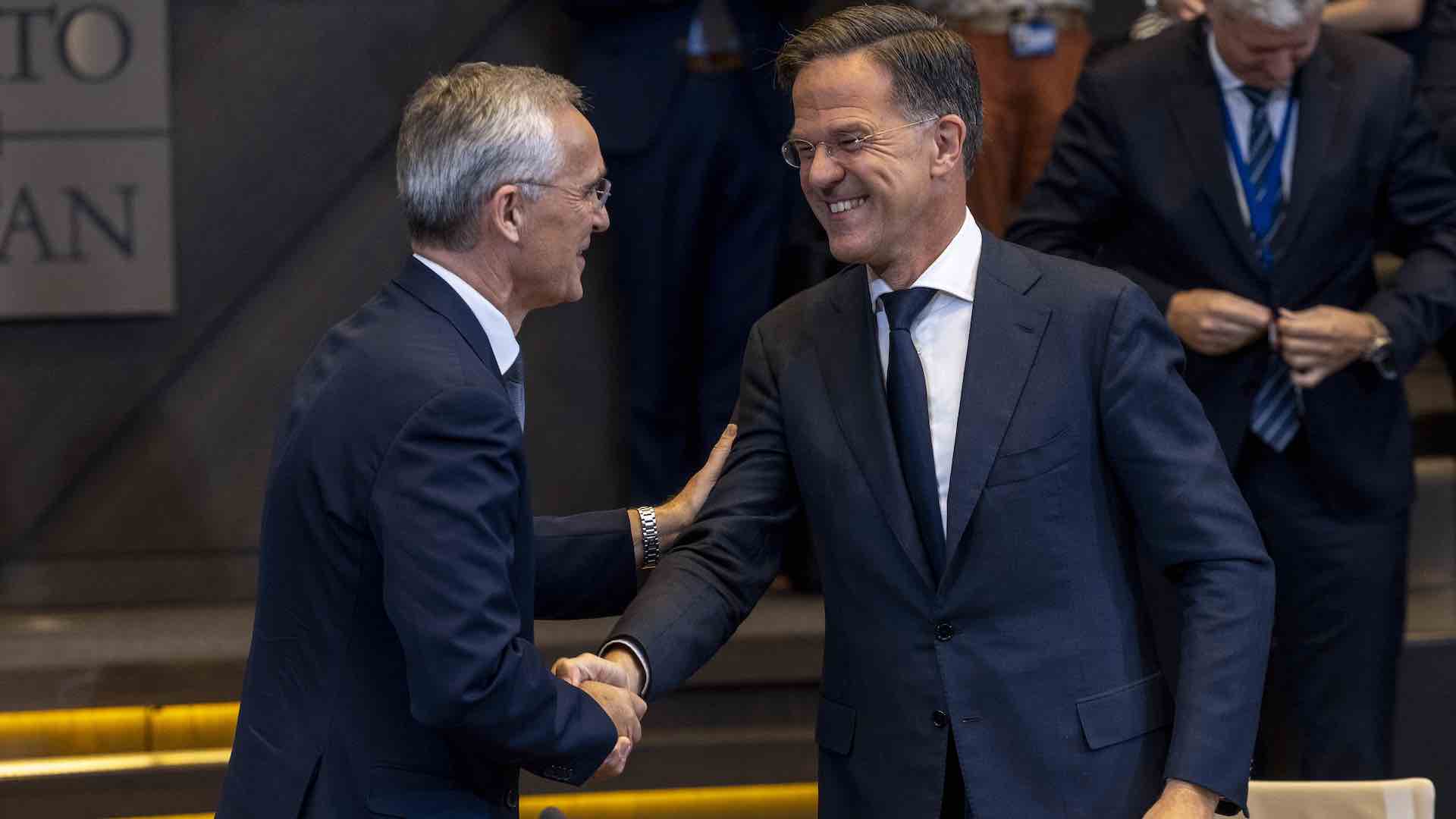MENA Newswire News Desk: Former Dutch Prime Minister Mark Rutte has officially assumed the role of Secretary-General of the North Atlantic Treaty Organization (NATO) after a handover ceremony at the alliance’s headquarters in Brussels on Tuesday. Rutte succeeds Jens Stoltenberg, who led NATO for nearly a decade. During the ceremony, Rutte expressed gratitude to NATO members for entrusting him with the leadership of the 32-member alliance.

“I am deeply honored by the trust placed in me to lead NATO at this pivotal time,” Rutte said. He also praised his predecessor Stoltenberg for his leadership through some of NATO’s most challenging periods. Rutte was appointed over the summer, having secured early backing from key NATO members, including the United States, Germany, and the United Kingdom. His appointment was widely anticipated due to his extensive experience in international politics, particularly as the longest-serving prime minister in Dutch history.
Rutte takes on the leadership of NATO amid rising geopolitical tensions, particularly the ongoing war in Ukraine and concerns over collective defense As NATO faces these significant challenges, Rutte emphasized the importance of unity among member states, stating, “Our strength lies in solidarity and cooperation.” He reaffirmed his commitment to upholding NATO’s core principles, particularly collective defense and deterring aggression from external forces like Russia.
Rutte also highlighted NATO’s ongoing efforts to support Ukraine through military aid and assistance. Defense spending remains a critical issue for NATO, with Rutte noting that 23 out of 32 member states now meet the benchmark of spending at least 2% of their GDP on defense, a key target agreed upon in prior summits. This progress is particularly notable given the heightened security concerns in Europe following Russia’s 2022 invasion of Ukraine.
Looking ahead, Rutte’s tenure will involve overseeing NATO’s efforts to enhance defense capabilities and readiness in Eastern Europe, with a focus on ensuring that alliance forces can respond swiftly to any emerging threats. His leadership comes at a critical time for NATO, as it continues to adapt to new forms of warfare, including cyberattacks and disinformation campaigns.
